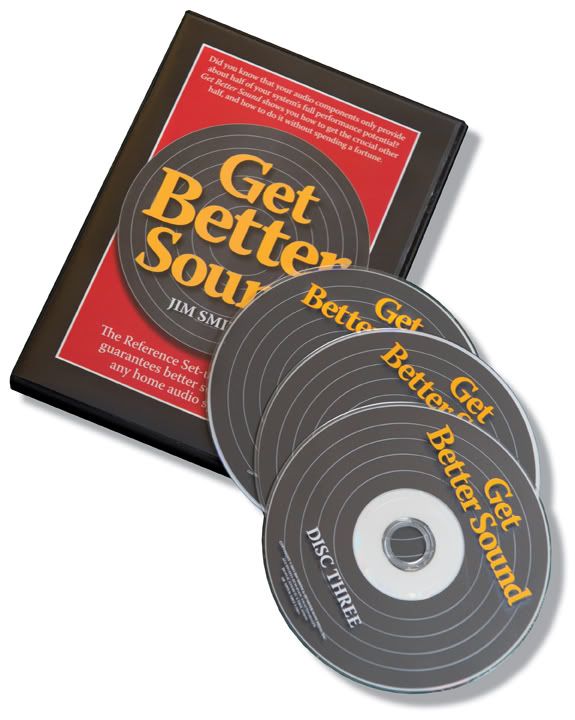- Thread Author
- #1
What is the best money you've ever spent in audio?
For me, it was a professional setup by Jim Smith - bar none, followed by my Vicoustic room treatments, bass traps from Resolution Acoustics and all my purchases for power: dedicated panel, ground, 8 dedicated 20 amp circuits, Shunyata Denali, etc.
For me, it was a professional setup by Jim Smith - bar none, followed by my Vicoustic room treatments, bass traps from Resolution Acoustics and all my purchases for power: dedicated panel, ground, 8 dedicated 20 amp circuits, Shunyata Denali, etc.

